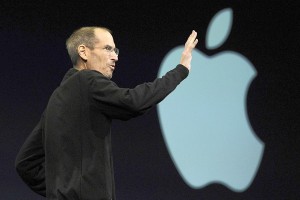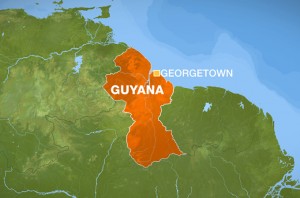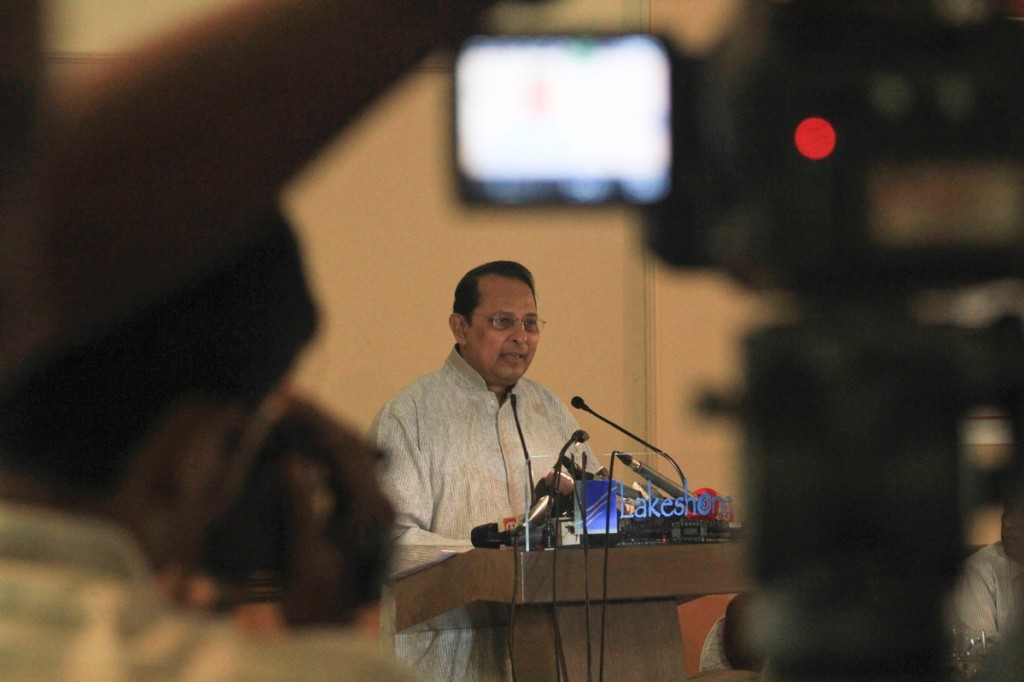Apple is sitting on a pile of money that’s bigger than the Treasury’s dwindling balance.
Apple Inc. may not have more money than God. But it’s got more cash than Uncle Sam.

It’s not terribly likely that the government will ask Apple CEO Steve Jobs for a bailout, but the company does have a lot of money. (David Paul Morris, Bloomberg / July 31, 2011)
As the government struggled to reach an agreement on raising the debt ceiling, the U.S. Treasury’s cash balance fell to $74 billion this week. That’s less than the $76 billion that Apple now has in cash.
It’s not terribly likely that the government will ask Apple Chief Executive Steve Jobs for help. But it wouldn’t be the first time the government has asked for a bailout from an industry mogul.
In the mid-1890s, with the U.S. economy still recovering from the financial panic of 1893, the U.S. Treasury was in danger of going bankrupt as worried investors clamored to collect what they were owed from U.S. gold reserves. With few options left, President Cleveland met with New York financier J.P. Morgan, who pledged a whopping $60 million in gold. Adjusted for inflation, that would be about $1.5 billion today.
“The fact that Morgan had become a cosigner on the federal debt was what impressed the markets,” historian H.W. Brands wrote in his account “The Upside-Down Bailout.” “Within days the Treasury’s condition stabilized; within weeks the dollar’s danger had passed.”
To be fair, comparing Apple’s cash reserves with the Treasury’s is not exactly apples to apples.
Apple’s billions are essentially the funds in its bank accounts, while the federal number represents the amount of money the government has left before it hits the legal debt limit — a figure that can be changed by Congress.
At about $362 billion, Apple is the second-largest company in the world by market value (behind Exxon Mobil Corp. at $395 billion) — big by any standard, but still far smaller than the U.S. government, which will spend close to $3.8 trillion this year, 10 times what Apple is worth.
Still, Apple’s reasons for keeping such a giant cash stockpile may well be related to worries about the stability of the U.S. government’s finances.
“One of the reasons U.S. companies have amassed so much cash is that it provides them financial flexibility in times of heightened uncertainty,” said Laurie Simon Hodrick, a professor of business economics at Columbia University’s business school. “It might seem ironic, but as the risk of a government default grows, bringing with it the specter of higher interest rates, the incentives for firms to finance with internally generated cash grows as well.”
By David Sarno, Los Angeles Times
david.sarno@latimes.com / Copyright © 2011, Los Angeles Times




































